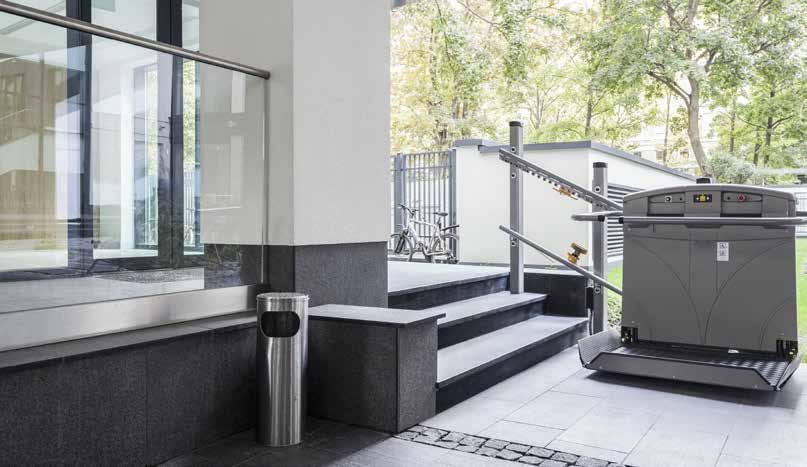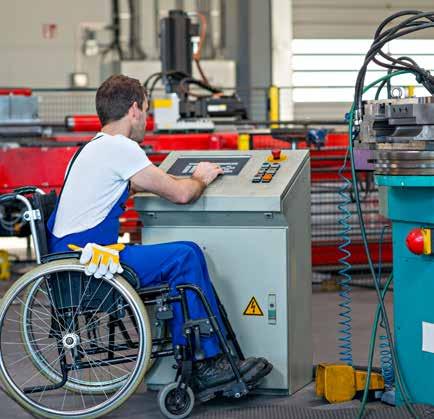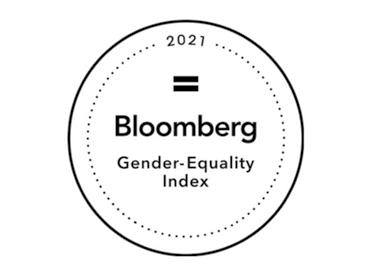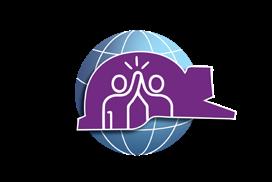
4 minute read
Opportunities for economic participation
INCLUSIVITY
OPPORTUNITIES FOR ECONOMIC PARTICIPATION
Advertisement
Inside Mining attended a webinar, hosted by the Department of Mineral Resources and Energy (DMRE), that discussed economic opportunities for disabled people in the mining industry. Advocate Thabo Mokoena, director general, DMRE, presented the keynote address, from which the following article is transcribed.
It is worth noting that the rise of persons with disabilities in South Africa is enshrined in our Constitution. Our government guarantees the dignity of every citizen based on a good quality of life for everyone without regarding race, colour or disability. Accordingly, the White Paper on [the] Integrated National Disability Strategy stated that among the yardsticks by which to measure a society’s respect for human rights, to evaluate the level of its maturity and its generosity of spirit, is by looking at the status that it accords to those members of society who are most vulnerable, with specific emphasis on persons with disabilities in this case.
South Africa, as a signatory of the UN Convention on the Rights of Persons with Disabilities, is expected to act consistently with the provisions of the convention and its protocols. The DMRE appreciates its obligation to ensure inclusion of persons with disabilities within all facets of the country’s economy. It is indeed commendable that government continues to provide safety nets in the form of social protection through grants; however, such is a type of relief that can only go so far in addressing the needs of persons with disabilities adequately, as well as affording them with a measure of independence.
Employment and economic participation challenges
The DMRE is responsible for two major economic sectors of South Africa. The two sectors are the engine of economic development and play a central role in
INCLUSIVITY
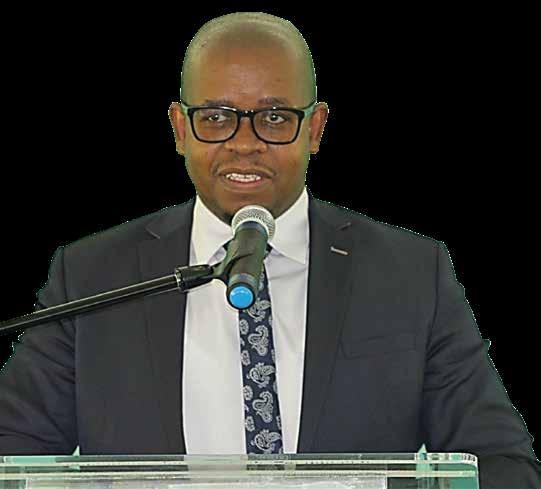
Advocate Thabo Mokoena is the director general at the DMRE the economic empowerment and transformation, and redress of the economic imbalance in the country.
It is against this backdrop that the DMRE is availing this platform with the view to provide and outline opportunities in the energy and mining sectors, as well as providing a platform for networks for the disability sector to exploit.
The DMRE as an economic department has chosen to conduct a session on economic empowerment for persons with disabilities in the country [to] disseminate information as well as an opportunity to celebrate and commemorate international day for persons with disabilities under the adopted 2020 theme, which refers ‘Not all disabilities are visible’.
On the other hand, the department is encouraged by the continued support from mining and energy companies in tackling these challenges. The amended Mining Charter has pronounced employment equity targets of 1.5% participation for persons with disabilities within the mining sector.
Notably, a significant number of persons with disabilities in the country are excluded from both employment and economic opportunities. This can be attributed mainly to the following factors: • low skill levels due to inadequate education • discriminatory attitudes and practices • past discriminatory and ineffective labour legislation • lack of enabling mechanisms to promote employment and other economic opportunities • inaccessible public transport • inaccessible and unsupportive work environments • the fact that manual labour is often the only option for poorly skilled job seekers • inadequate access to information • societal ignorance of disability rights. Ladies and gentlemen, may I reiterate that both government and private sector cannot afford to view persons with disabilities as objects of pity. Rather, this sector should encourage, promote and support them to become self-employed, develop their entrepreneurial capacity or even to own and operate their own businesses. To this end, mining and energy companies in the country have a moral obligation to be accessible and inclusive of persons with disabilities as customers, [the] workforce, and business partners.

Enhancing economic empowerment
Economic empowerment of persons with disabilities in the country remains a human rights issue of concern for all. We – collectively, as the public and private sector – need to ensure that we comply and implement government policy and legislation to ensure that we include people with disabilities in our workplaces – [as well as] our business value chain for both the mining and energy sectors. All economic transformation initiatives should have a major deliverable implemented and monitored as well as the inclusion and participation of all of you here.
The disability-inclusive development strategy incorporated into the mainstream developmental agenda at all levels, accompanied by a deliberate effort to eliminate extreme poverty commonly experienced by persons with disabilities in the country, will really go a long way in economically empowering you.
We have invited representatives from both the mining and energy sectors to give us a highlight of opportunities that are available and accessible to you. Such opportunities will cover the full mining and energy value chains. Please listen attentively, learn and follow up on those opportunities that appeal to you.
If we follow the disability-inclusive economic strategies, we will have lived up to and also met the aspiration of our former late president Tata Rolihlahla Nelson Mandela who said in 2004: “It is not a question of patronising philanthropy towards disabled people. They do not need the patronage of the non-disabled. It is not for them to adapt to the dominant and dominating world of the so-called non-disabled. It is for us to adapt our understanding of a common humanity; to learn of the richness of how human life is diverse; to recognise the presence of disability in our human midst as an enrichment of our diversity.” I thank you.

